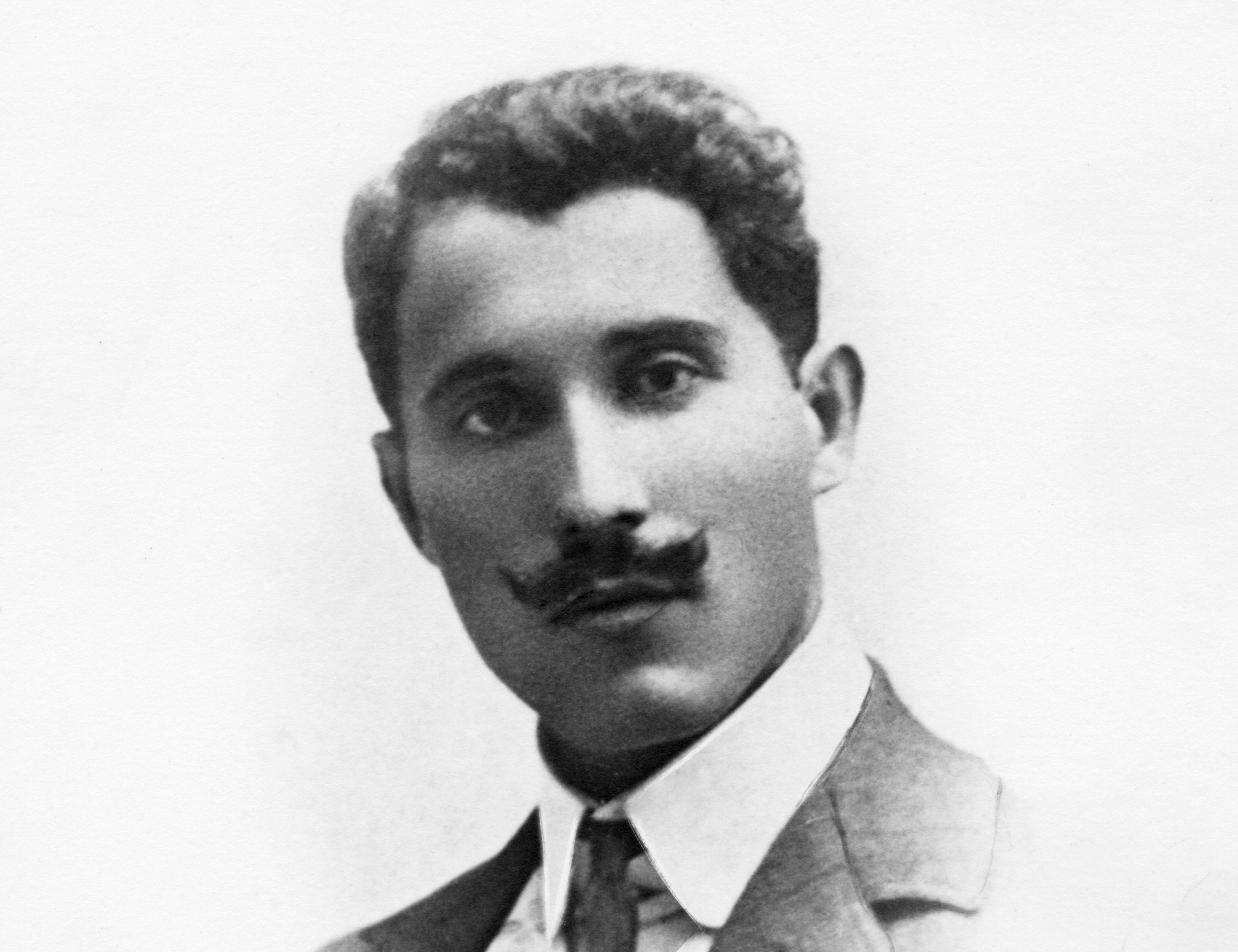Remembering Arturo Alfonso Schomburg: The Importance of Preserving Black History
LP
Who Was Arturo Alfonso Schomburg?
Arturo Alfonso Schomburg was a pioneering figure in the documentation and preservation of African and Afro-Latinx history. Born in Puerto Rico in 1874, Schomburg was of African and German descent and dedicated his life to collecting and preserving the history, culture, and contributions of people of African descent. His work laid the foundation for what would become one of the most significant collections of Afro-diasporic historical records.
Schomburg's passion for history was sparked by a teacher who claimed that people of African descent had no history or achievements. This statement ignited a lifelong commitment to prove otherwise. Schomburg went on to amass a vast collection of books, manuscripts, and artifacts that highlighted the rich and diverse history of Black people globally.

The Schomburg Center for Research in Black Culture
In 1926, Schomburg sold his extensive collection to the New York Public Library, which became the foundation for the Schomburg Center for Research in Black Culture in Harlem. The center remains a world-renowned research library dedicated to the preservation and accessibility of materials related to African American and African diasporic experiences.
The Schomburg Center houses more than ten million items, including rare books, photographs, films, and original documents. It serves as a critical resource for scholars, historians, and anyone interested in exploring the rich tapestry of Black history. Through its archives, exhibitions, and public programs, the center continues Schomburg's mission of education and empowerment.
Preserving Black History: Why It Matters
The preservation of Black history is essential for several reasons. First, it ensures that the contributions and experiences of Black individuals are acknowledged and celebrated, countering centuries of marginalization and erasure. By preserving these histories, we provide a more accurate and inclusive understanding of our shared past.
Moreover, preserving Black history empowers future generations with knowledge and pride in their cultural heritage. It allows people to see themselves reflected in history and understand the impact that their ancestors have had on shaping the world. This recognition fosters a sense of identity and belonging that is crucial for personal and community development.

Challenges in Preservation
Despite its importance, preserving Black history faces numerous challenges. Many historical records have been lost or destroyed due to neglect or deliberate acts of erasure. Additionally, there is often a lack of funding and resources dedicated to maintaining and expanding collections related to Black history.
To address these challenges, it is vital for individuals, organizations, and governments to support initiatives that aim to preserve and promote Black history. This includes funding for libraries, museums, and educational programs that focus on African diasporic studies.
Continuing Schomburg's Legacy
Arturo Alfonso Schomburg's legacy continues to inspire efforts to preserve Black history worldwide. His work serves as a reminder of the importance of documenting and sharing stories that have often been overlooked or forgotten.
By honoring Schomburg's contributions and supporting institutions like the Schomburg Center, we can ensure that the rich histories of African descent are recognized and celebrated for generations to come. Ultimately, preserving Black history enriches our collective understanding of humanity's diverse narrative.